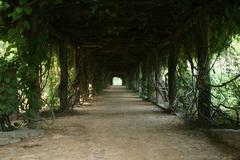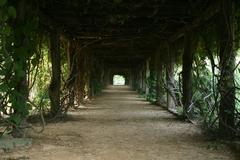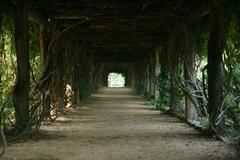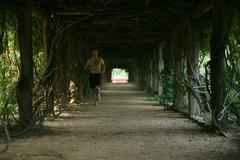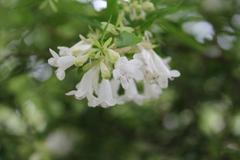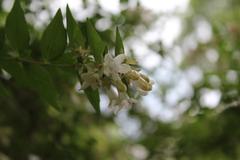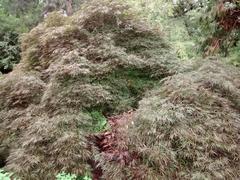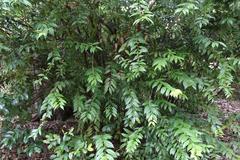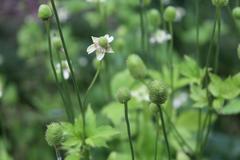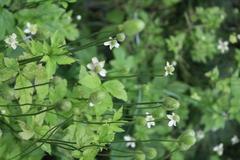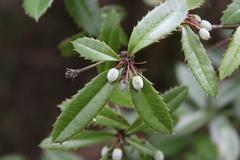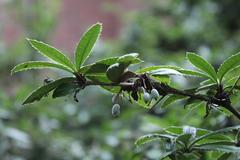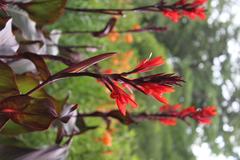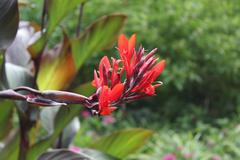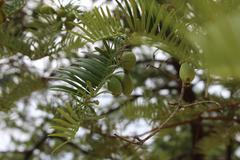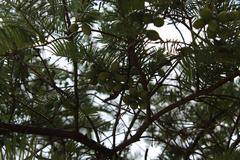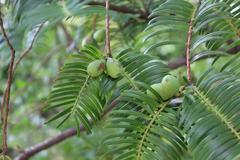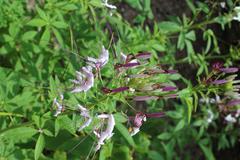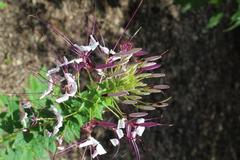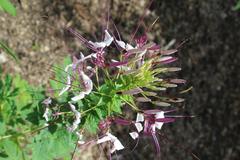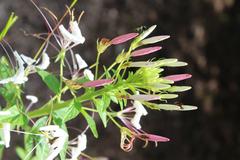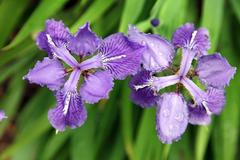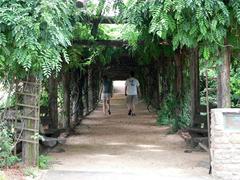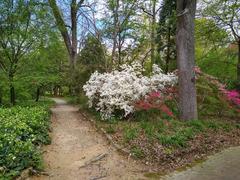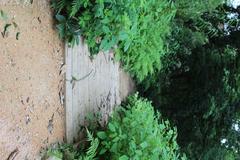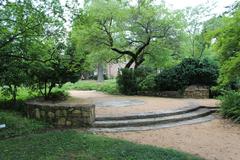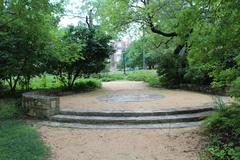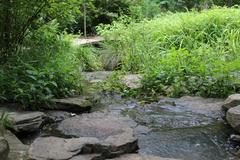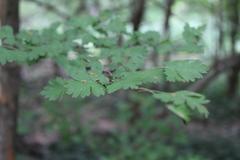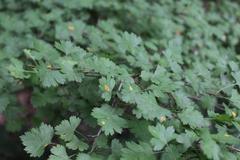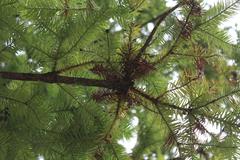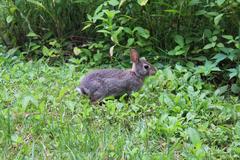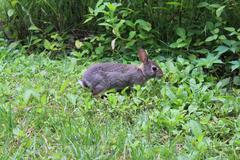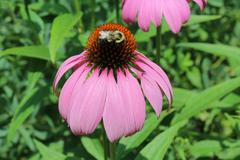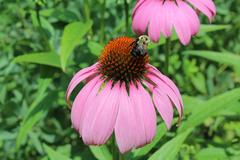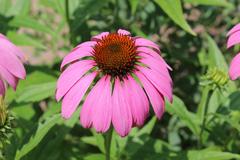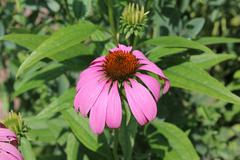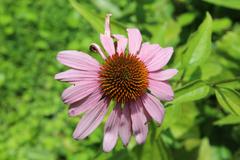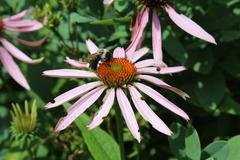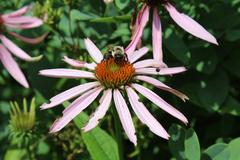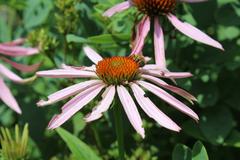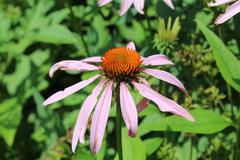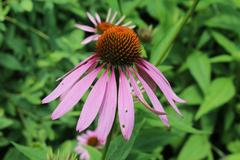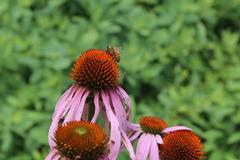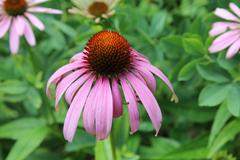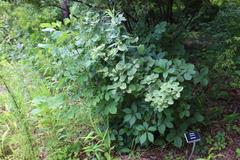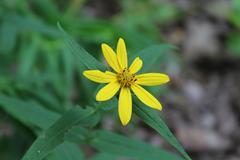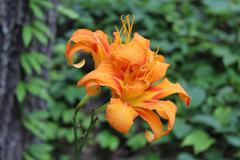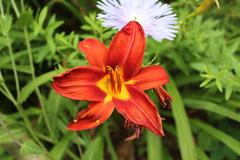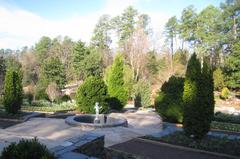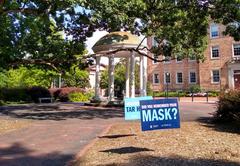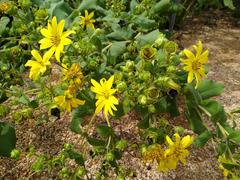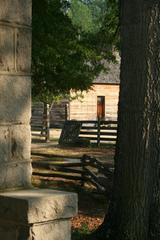
Visiting Hours and Tickets at Coker Arboretum, Durham Historical Sites
Date: 19/07/2024
Welcome to Coker Arboretum
Coker Arboretum, situated in the heart of Durham, North Carolina, is a botanical treasure that has captivated visitors for over a century. Established in 1903 by Dr. William Chambers Coker, the first Professor of Botany at the University of North Carolina at Chapel Hill, the arboretum has evolved into a living museum and a vital educational resource. As part of the North Carolina Botanical Garden, Coker Arboretum offers a unique blend of history, biodiversity, and community engagement. Whether you are a botany enthusiast, a casual visitor, or a photography aficionado, Coker Arboretum promises an enriching experience, steeped in natural beauty and historical importance (UNC Botanical Garden).
Overview of Topics
- Introduction
- History of Coker Arboretum
- Early Beginnings
- Development and Expansion
- Mid-20th Century Changes
- Modern Era and Preservation Efforts
- Visitor Information
- Visiting Hours and Tickets
- Travel Tips
- Notable Plant Collections
- Educational and Community Impact
- Special Events and Guided Tours
- Photographic Spots
- Historical Significance
- Preservation and Future Directions
- FAQ
- Conclusion
Exploring Coker Arboretum - History, Visiting Hours, and Tips
Introduction
Coker Arboretum, located in Durham, North Carolina, is a historic botanical garden that forms part of the North Carolina Botanical Garden. Established in 1903 by Dr. William Chambers Coker, the first Professor of Botany at the University of North Carolina at Chapel Hill, the arboretum is a living classroom and a treasured community resource. This guide covers its rich history, visiting hours, ticket information, and helpful tips for visitors.
History of Coker Arboretum
Early Beginnings
Coker Arboretum was established in 1903 by Dr. William Chambers Coker, who envisioned it as a living classroom for his students. Initially, the arboretum was a five-acre plot of land on the university’s campus (UNC Botanical Garden).
Development and Expansion
In its early years, the arboretum primarily featured native plant species. Over time, the collection expanded to include a variety of exotic plants, thanks to Dr. Coker’s extensive travels and plant exchanges with other botanists. By the 1920s, it had become a well-established feature of the university, attracting both students and visitors interested in botany and horticulture.
Mid-20th Century Changes
The mid-20th century saw significant changes for Coker Arboretum. During World War II, maintenance became difficult due to labor shortages. However, the post-war period brought renewed interest and investment. In the 1950s, the arboretum underwent renovations and expansions, including new plant species and pathways (NC Botanical Garden).
Modern Era and Preservation Efforts
In the late 20th and early 21st centuries, Coker Arboretum has continued to evolve. The North Carolina Botanical Garden took over its management in the 1980s, ensuring its preservation and continued development. Today, the arboretum features a diverse collection of plants and serves as a vital educational resource.
Visitor Information
Visiting Hours and Tickets
Coker Arboretum is open daily from dawn to dusk. Admission is free, making it an accessible destination for all visitors. For more detailed information, visit the official website.
Travel Tips
- Location: The arboretum is situated on the University of North Carolina at Chapel Hill campus. The address is 399 E Cameron Ave, Chapel Hill, NC 27514.
- Parking: Public parking is available nearby, but it can be limited during university events.
- Accessibility: The arboretum has paved pathways, making it accessible to visitors with mobility issues.
Notable Plant Collections
Coker Arboretum is home to several notable plant collections, including magnolias, hollies, conifers, flowering trees and shrubs, perennial and annual flowers, and a significant collection of ferns. These collections are important for botanical research and education (UNC Botanical Garden).
Educational and Community Impact
The arboretum offers educational programs, including guided tours, workshops, and lectures, promoting botanical knowledge and environmental awareness. These programs cater to diverse audiences, from school children to university students and the general public.
Special Events and Guided Tours
Coker Arboretum hosts various special events throughout the year, including seasonal plant walks and educational workshops. Guided tours are available by appointment and offer in-depth insights into the arboretum’s history and plant collections.
Photographic Spots
For photography enthusiasts, Coker Arboretum offers numerous picturesque spots, including the magnolia collection and fern glades. The changing seasons provide a dynamic backdrop for capturing the beauty of the arboretum.
Historical Significance
Coker Arboretum holds significant historical value as a cultural and educational landmark. Its establishment in the early 20th century marked a pivotal moment in botanical education in the United States.
Preservation and Future Directions
Ongoing preservation efforts focus on maintaining the garden’s historical integrity while adapting to contemporary needs. The North Carolina Botanical Garden uses environmentally friendly gardening practices and promotes biodiversity to ensure the arboretum’s sustainability (NC Botanical Garden).
FAQ
Q: What are the visiting hours for Coker Arboretum?
A: The arboretum is open daily from dawn to dusk.
Q: Is there an admission fee to visit Coker Arboretum?
A: No, admission is free.
Q: Are guided tours available?
A: Yes, guided tours are available by appointment.
Conclusion
Coker Arboretum’s rich history is a testament to the vision and dedication of Dr. William Chambers Coker and the many individuals who have contributed to its development. As a living classroom, research resource, and community treasure, the arboretum continues to inspire and educate visitors from around the world. Its ongoing preservation ensures it will remain a vital part of the North Carolina Botanical Garden and the University of North Carolina at Chapel Hill for years to come.
Stay Up to Date
For more updates, download the Audiala mobile app, check out other related posts, and follow us on social media.
